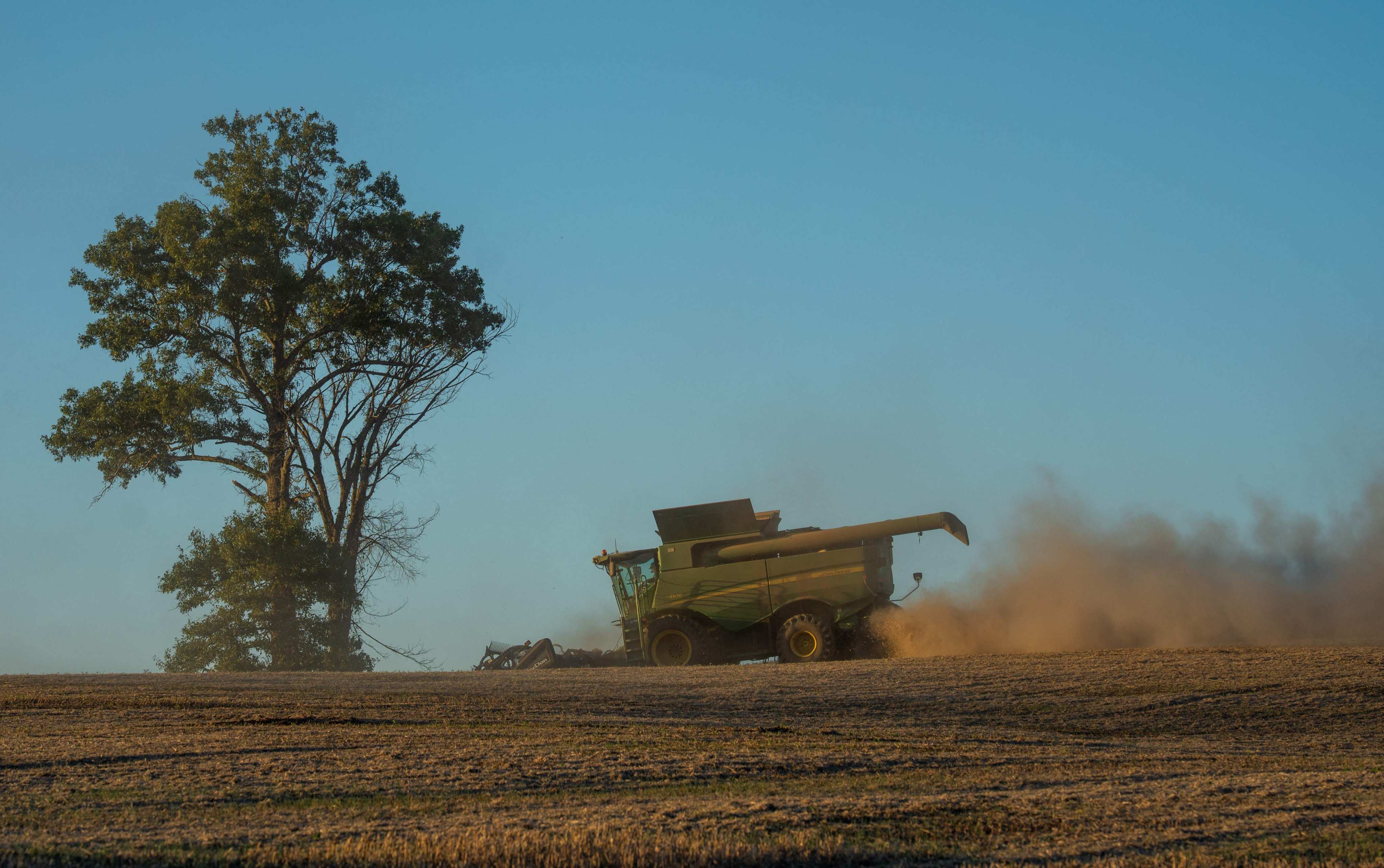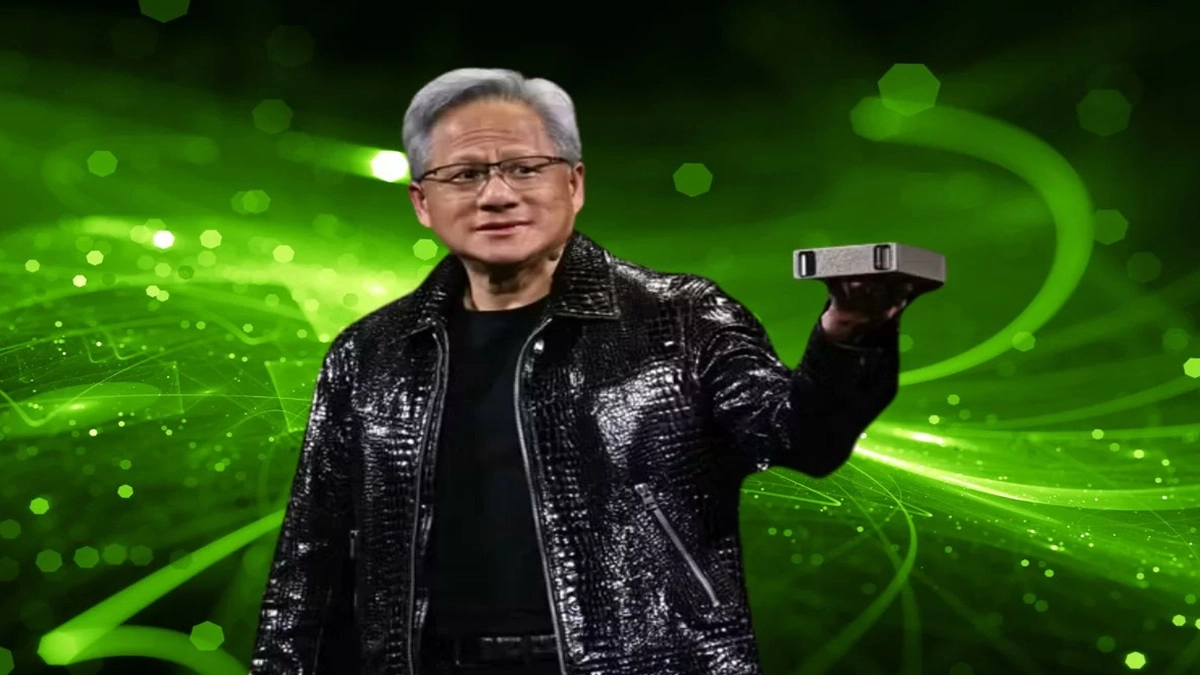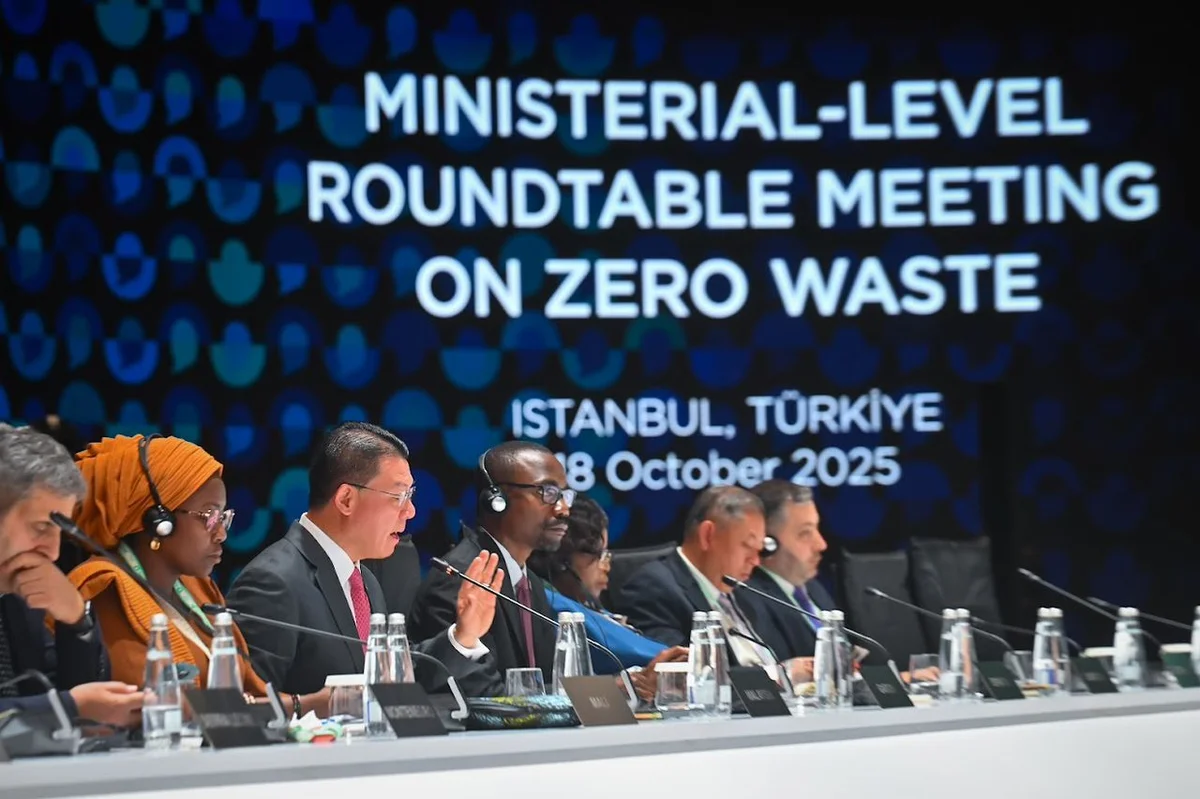Copyright scmp

Increasingly desperate US farmers, including many who voted for US President Donald Trump, are urging him to adopt a conciliatory approach rather than a confrontational one if a lasting soy deal can be reached when he meets Chinese President Xi Jinping this week. As the harvest season slips by with no orders from China and rising input costs – from equipment to fertiliser – farmers say partnership, not strong-arming Beijing, would serve both sides better. Many voiced frustration at Washington’s failure to design tariffs that spared their livelihoods, saying they had expected Trump to act faster on the issue. “I don’t think we could force the Chinese to do anything. I don’t think that’s the approach we need,” said David Burrier, a third-generation farmer from Maryland, just a few miles away from Washington. Describing China as a “good partner”, he stressed “it’s got to be a relationship or partnership that works for everyone.” Over the weekend, US Treasury Secretary Scott Bessent held talks with Chinese Vice Premier He Lifeng on the sidelines of the Association of Southeast Asian Nations (Asean) summit in Kuala Lumpur, Malaysia. While the Chinese side did not share details of the outcome of the discussions, citing pending internal approvals, Bessent told US media outlets that a framework has been reached for the two leaders to sign. This truce, he said, will make American farmers “feel very good”. As hopes grew of a US-China trade deal and renewed Chinese purchases, wheat futures rose and soybeans hit a four-month high on Monday. How Trump’s soybean negotiations could affect 2026 midterm elections How Trump approaches his sit-down with Xi in South Korea on Thursday could weigh heavily on the 2026 midterm elections – a pressure point both sides appear keenly aware of. On the US side, the urgency to declare a victory is palpable. In recent weeks, as farmers’ pain has deepened, Trump and his advisers have spoken more frequently about the issue and floated the idea of using tariff revenues to fund a new round of subsidies for a group that has long been a cornerstone of the Republican base. Bessent, a former hedge fund manager who is leading the trade talks with Beijing, went on to call himself “actually a soybean farmer”, citing one of his investments this weekend on ABC News, saying “so I have felt this pain, too.” Farmers, many of whom backed the “America first” president for his deal making reputation, now argue that Trump appears out of touch with their mounting struggles. As trade ties with China wobble, bankruptcies rise, and Argentina joins Brazil in capturing the Chinese market while benefiting from a multibillion-dollar bailout and increased access to sell beef in the US, American farmers say they feel left behind. Maryland farmer Burrier, a Trump supporter who described him as a “very successful businessman”, said the US president understands real estate and finance. In saying that, he does not understand agriculture – a fact he noted has been common among previous administrations as well. “We have an urgency right now to get this deal done, because if we miss this one too, there’s 52 per cent of our soybeans that may not have a home, which would be very, very detrimental to our industry,” he noted. Burrier said he was “very disappointed” with US Secretary Bessent recently calling Chinese trade negotiator Li Chenggang “unhinged”. “It does not work, and there’s no place for it there,” the 72-year-old farmer said. John Bartman, a fifth-generation farmer from Illinois, said that the US should be able to “step back and analyse how we’ve been treated unfairly”, but “we should be able to do that with diplomacy”. “Unfortunately, these, as we call them, shotgun tariffs, just shoot out and hit everyone,” he added, contending that Trump didn’t have a plan for farmers despite having “eight years to figure out how to do this without affecting the United States farmers”. Bartman, who didn’t vote for Trump and appears in a new Democratic National Committee YouTube advert, said farmers are “very upset”, especially when the president is bailing out Argentina with US$40 billion as the South American country continues to increase its sales of soybeans to China, undercutting US farmers’ market share. “That’s a major problem”, he said, highlighting that Trump’s plans to import Argentine beef were hurting not just the cattle industry but also American farmers, as over six billion US bushels of grain are consumed by the domestic livestock industry. “He is going to push us further into bankruptcy. The bankruptcy rates for farmers are up, and that’s very unfortunate and that shouldn’t be happening,” Bartman argued. US-China trade war a recurring nightmare for American farmers In 2024, over 200 US farms filed for bankruptcy, according to the American Farm Bureau Federation. A recent report by the American Farm Bureau Federation said the US “has completely lost more than 140,000 farms from 2017 to 2022, and an additional 20,000 in the last two years”. The report blamed drought and geopolitically driven supply chain disruptions for cooling markets, with soybean prices plunging 58 per cent to below US$10 and corn dropping 54 per cent to US$4 since 2022. Since January, Trump has once again turned the trade screws on Beijing, flaunting tariffs as his favourite “power move” while choking off tech exports and threatening to blacklist thousands of China-linked companies. Beijing struck back by sidelining US soybean farmers by directing orders to Brazil and Argentina, imposing retaliatory tariffs, and tightening rare earth exports, actions that have prompted Trump to threaten 100 per cent tariffs starting November 1 and accuse China of manipulative “tactics”. US-China trade tensions under Trump have been a recurring nightmare for American farmers. During his first term, Beijing leveraged US dependence on the Chinese market when Trump imposed additional 25 per cent tariffs on Chinese imports totalling more than US$300 billion. After two years of negotiations, the two sides signed the so-called “Phase One” deal in 2020, under which China agreed to purchase US$50 billion worth of American products, including soybeans. However, after Trump left office, the deal unravelled, with Trump blaming his successor, Joe Biden, for failing to follow up with China on the commitment. Last week, the US Trade Representative launched an investigation into China’s implementation of the deal. Burrier said that though China did buy some soybeans as part of the agreement, there were times when orders were placed but later cancelled if the price fluctuated. “I think that was part of that negotiation, as well as that, if they made a contract that President Trump, at that time, felt like they should honour it,” he said. He also noted that while advancement in technology has enhanced production, the markets to sell the produce remain scant. Farmers concerned about an uncertain future Over the last two decades, China has snapped up large volumes of American soybeans, accounting for about 40-60 per cent of the exports. A recent report by the Centre for Strategic and International Studies, a think tank in Washington, estimated that US farmers will “lose out on US$5.7 billion worth of soybean exports to China through October 2025, relative to average exports from the past four years”. It warned that the American heartland could bear a “disproportionate share of the burden”. Another farmer in Maryland, who requested anonymity given the sensitivity of the issue among his community members, described the negotiations with China as a “give and take situation”. “I think we’ve reached a point where it doesn’t seem like we’re going to pressure them into doing anything,” he said. He added that he left “pretty confident” that “something will eventually be worked out”, but noted he didn’t expect “it would quite take this long for that to happen either”. Burrier said he plans to watch the meeting closely and keep up with the news “all the time”. “Certainly, I’m watching it closely now. I mean, it’s a lot, it’s a lot to come from it, and there’s a lot of impact that could come from it”, he added. Bartman said he personally had low expectations for the meeting “regarding trade and the soybean situation”, because Brazil and Argentina “are selling every soybean they have to China”. He stressed the importance of staying informed in a democracy, but noted, “unfortunately, this president always wants the limelight – always to be in the story. And at times, it can get very overwhelming”.



